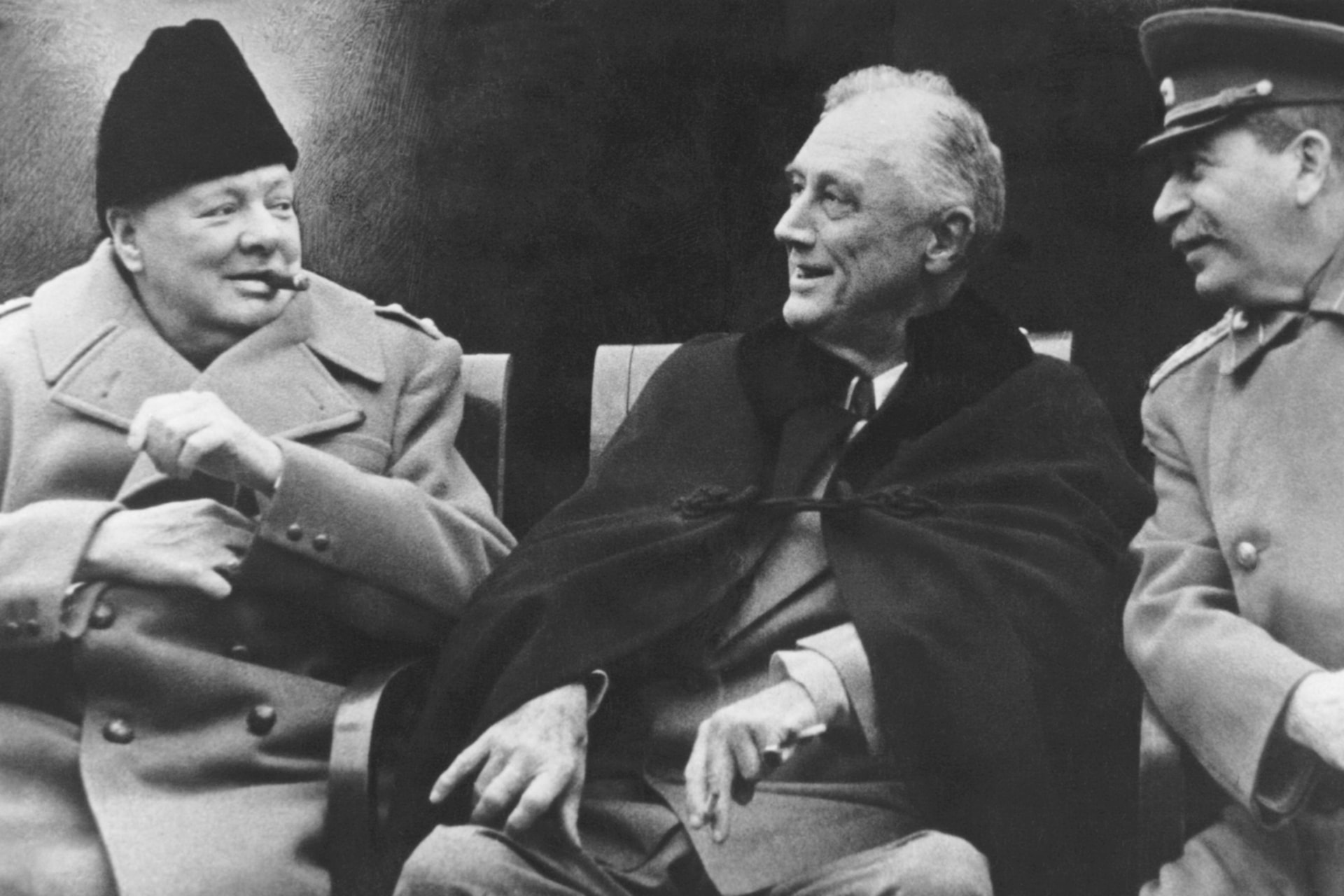America’s Quest for an Open World: A Grand Strategy Grounded in History
American grand strategy should draw inspiration from the principles of the post-war order. The United States should work to advance an open world.

By experts and staff
- Published
By
- Stewart M. PatrickJames H. Binger Senior Fellow in Global Governance and Director of the International Institutions and Global Governance Program
In my weekly column for World Politics Review, I reflect on American grand strategy since World War II and discuss how the fundamental principles of the post-war order can serve as a basis for contemporary U.S. foreign policy.
In the latest issue of Foreign Affairs, Mira Rapp-Hooper and Rebecca Friedman Lissner make a compelling case for a more restrained U.S. foreign policy. The United States, they write, should abandon messianic liberal internationalism for the more realistic goal of an open world. Such a prudent policy has a lot to recommend it. It would also take America back to the future—to the grand strategy that President Franklin D. Roosevelt endorsed during World War II.
Read the full World Politics Review article here.